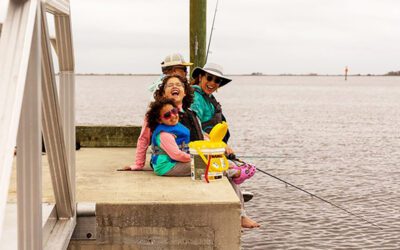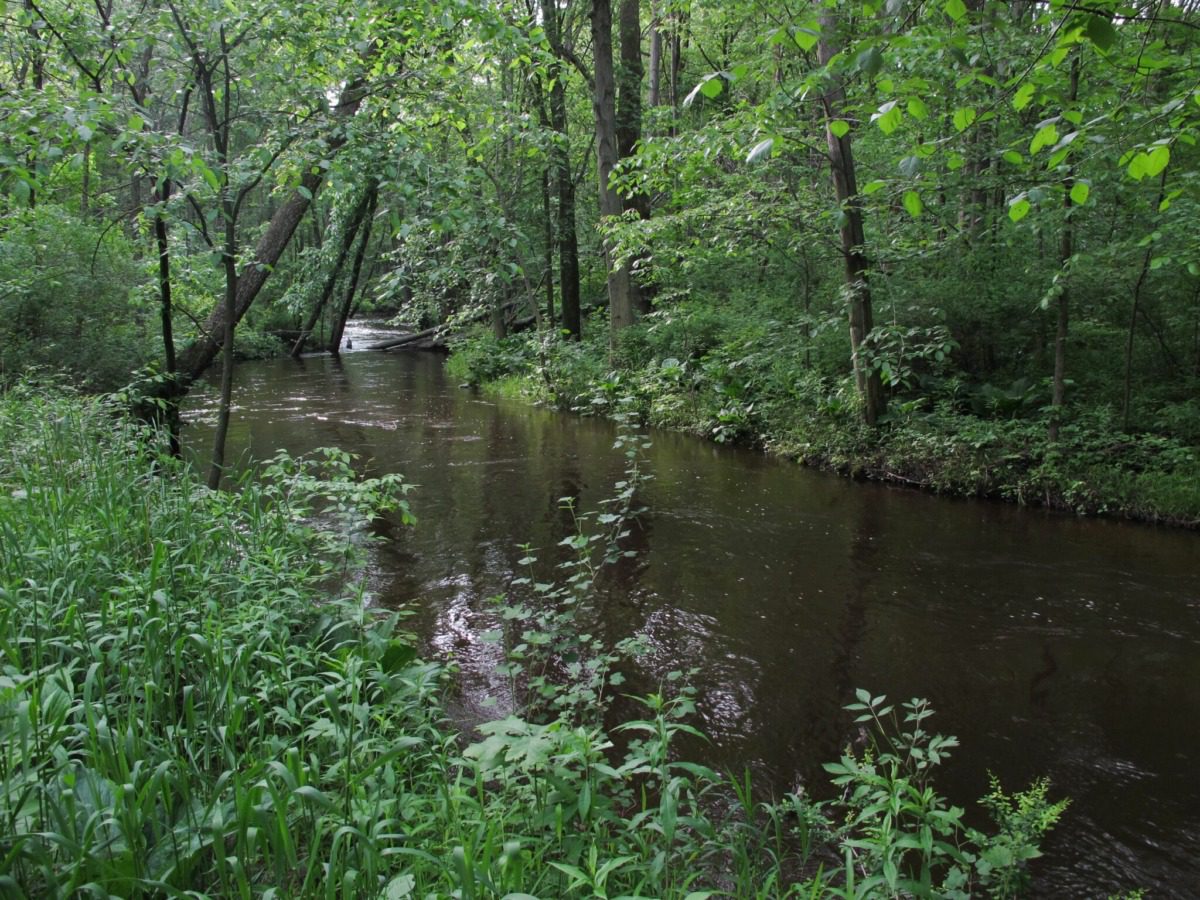
Credit: CNS/Tim Kiser
By Joshua Kim, Capital News Service
LANSING – Water quality experts are using DNA tools to track down contamination responsible for beach closures and reduced recreational opportunities along the Great Lakes and other Michigan inland lakes and streams.
Fecal contamination, indicated by the presence of E. coli bacteria, is the leading cause of beach closures in the U.S., said Wenjing Ren, a postdoctoral fellow in Michigan State University’s Department of Fisheries and Wildlife.
Ingesting or skin exposure to fecal contaminated water can lead to vomiting, diarrhea, giardia, hepatitis and cholera, according to the Department of Environment, Great Lakes and Energy.
The contamination can come from sources near the shore, like water sewer system outflows, and from water birds. But it can also come from sources elsewhere in the watershed, like agricultural runoff and leaky septic systems.
Ren’s recent research has taken her upstream, where she’s working with poultry farmers who want to know more about the high levels of E. coli recently found in creeks near their land.
After sampling water from the creeks, scientists use a DNA-based molecular tool called microbial source tracking.
“We run molecular techniques to check the water sample” and “see if we can find the chicken or human or cattle-related signal,” Ren said.
That gives them scientific evidence to show where the contamination comes from, Ren said. For this project, microbial source tracking has shown that there is likely more than one source of E. coli in the creeks.
“We not only found chicken-associated signals, we also found human-associated signals in some water samples,” said Ren. “So, the contamination source may be coming from both humans and the chickens in this project.”
Ren said farmers can store poultry litter in covered areas and set up buffer zones to reduce contamination.
Previous research has found that leaky septic systems are a common human source of E. coli and related pathogens in waterways, especially in rural areas.
Michigan has reporting practices to keep people aware of beach contamination, according to Scott Dean, a strategic communications advisor with Environment, Great Lakes and Energy.
“Michigan has a program called BeachGuard to keep the public aware of E. coli levels at local beaches in the state,” Dean said.
The department also works to reduce discharges into the water system from large poultry and livestock operations, Dean said.
While there are chances that recreational waters can be contaminated with E. coli and fecal contaminants, the public water system supplying tap water is unlikely to be contaminated, Dean said.
“Public water supplies are generally protected from the bacteria through well-established and proven treatment and disinfection techniques,” he said. “E. coli in your tap water, if you get water from a public water supply, is highly unlikely.”
Ren and her team will continue to use microbial source tracking as a tool to help find sources of contamination and share information with the public to raise awareness about the problem, she said.
Joshua Kim writes for Great Lakes Echo.
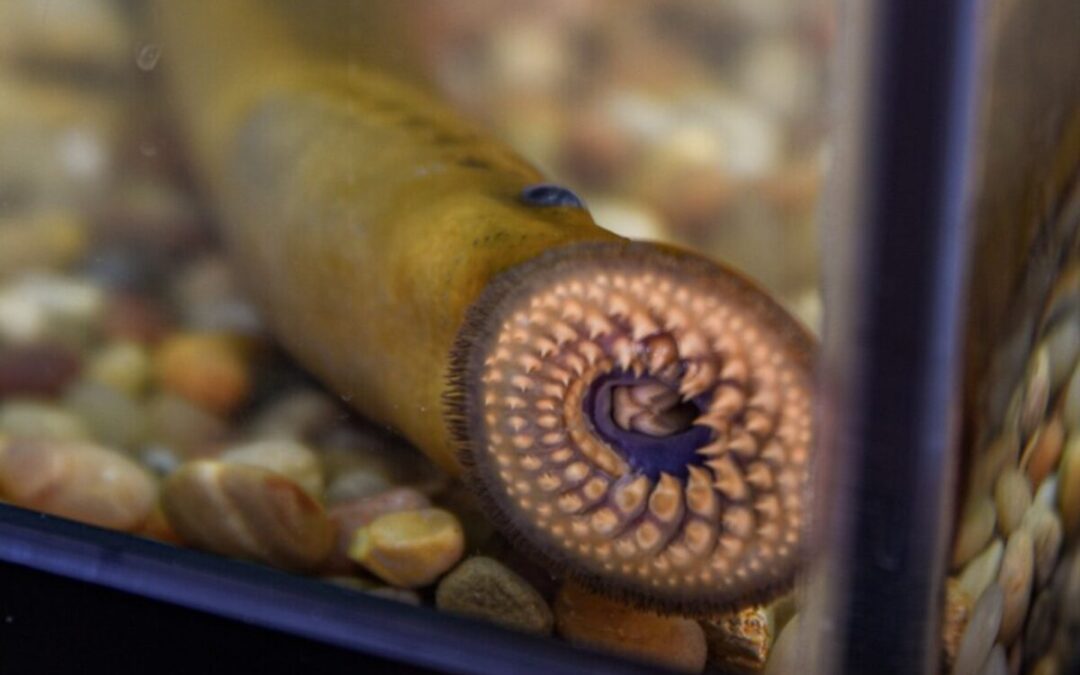
EPA grant will fund barrier to stop spread of sea lamprey in Grand River
By Rachel Lewis, Capital News Service LANSING – The Great Lakes Fishery Commission will receive a $2.1 million grant from the Environmental...
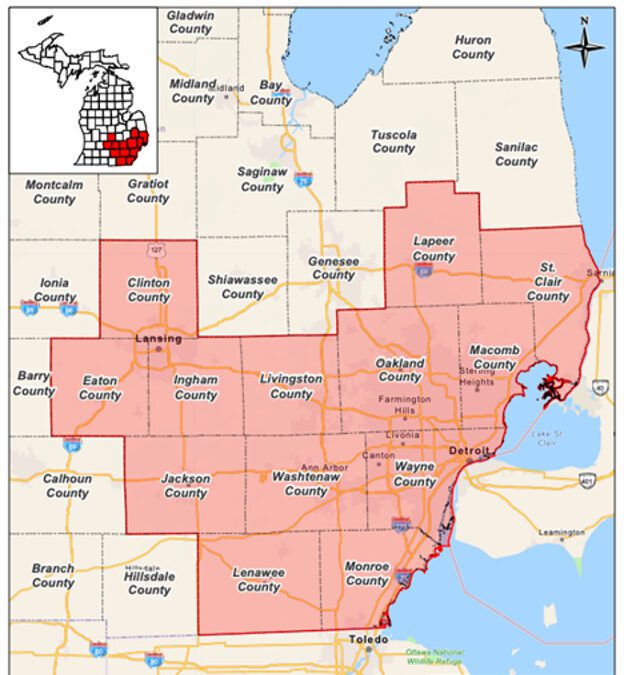
How Michigan is trying to stop the box tree moth
By Rachel Lewis, Capital News Service LANSING – Boxwood shrubs are popular in Michigan. Gardeners like them because their evergreen foliage brings...
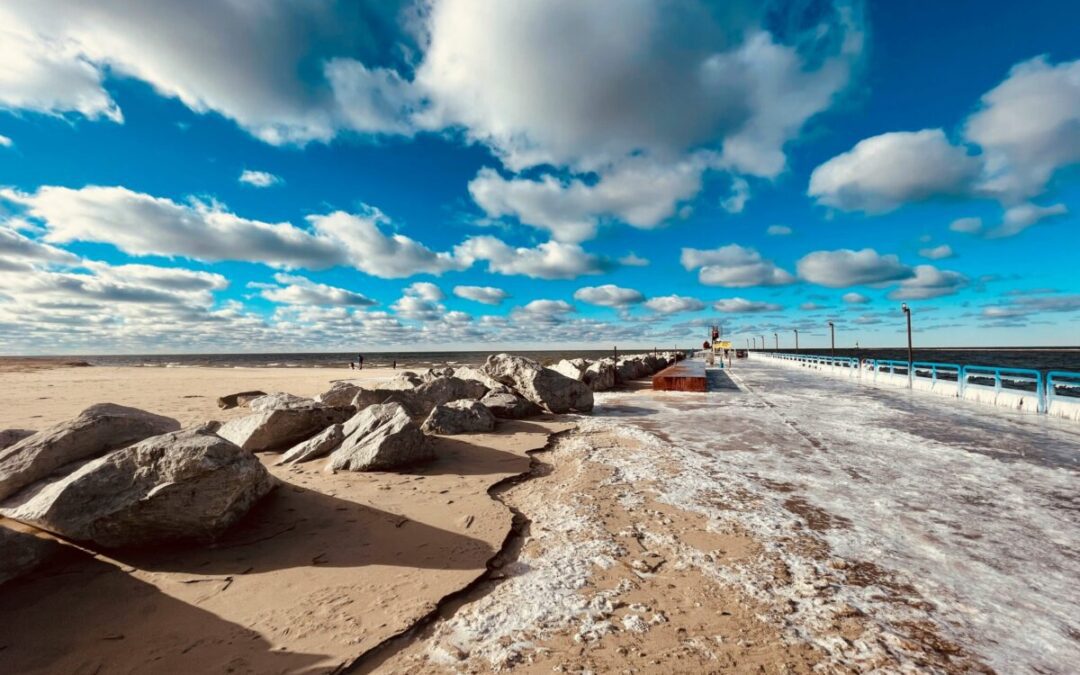
This is your sign to head to Michigan beaches & hear the singing sand
Several Michigan beaches are home to “singing sand,” and while several legends attribute the noise to ghostly causes, there’s a perfectly logical...
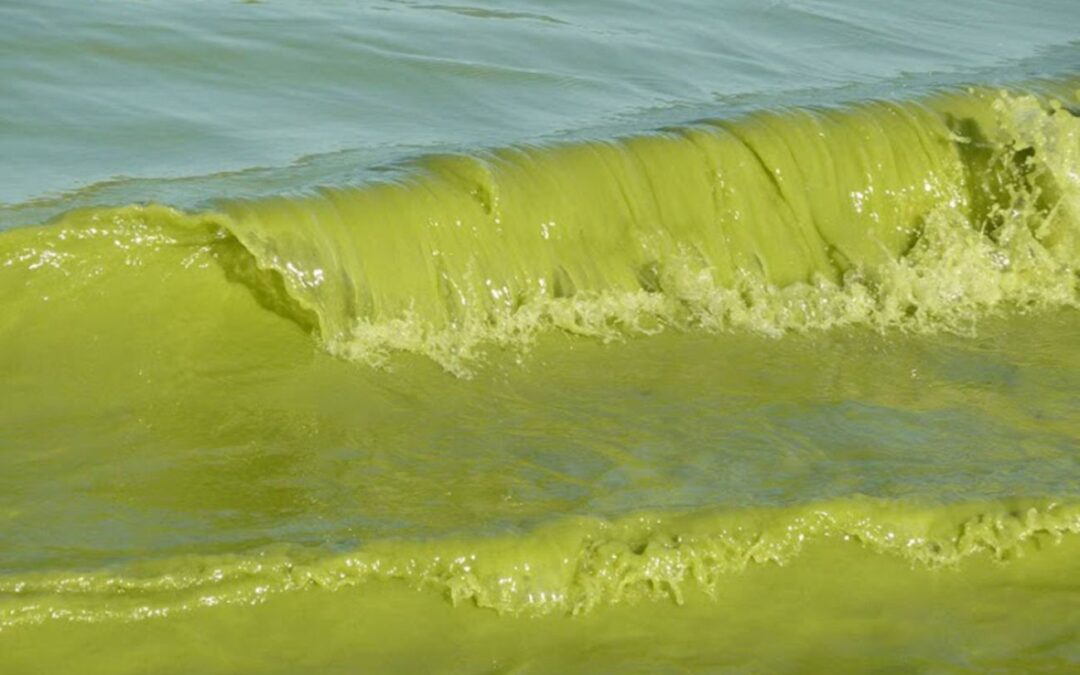
Michigan’s fight against Lake Erie pollution didn’t work. What happens next?
By Emilio Perez Ibarguen, Capital News Service LANSING – Michigan and its neighbors have missed a 2025 deadline to curb the farm pollution that...
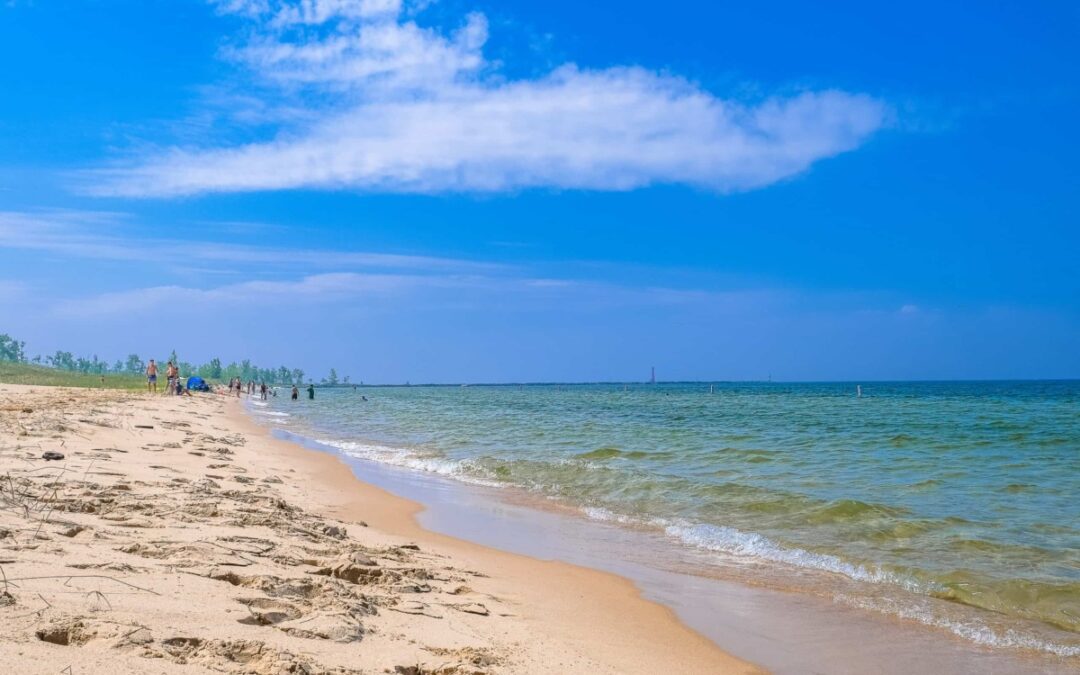
Out of the 103 state parks in Michigan, here are the top 10
Get to know the best state parks in Michigan, which offer an abundance of nature-based activities, from hiking and wildlife viewing to beaches and...



